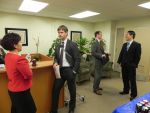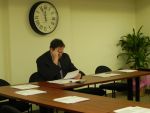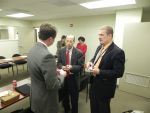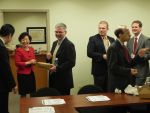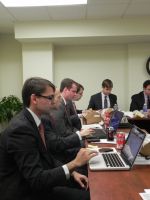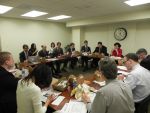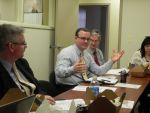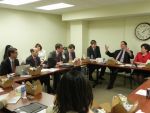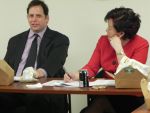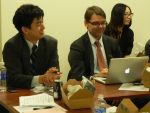Key Challenges and Issues of the 2012 Seoul Nuclear Security Summit
March 8, 2012
In concert with President Lee Myung-Bak’s aspirations to increase South Korea’s profile on the global stage, the Republic of Korea is hosting the 2012 Nuclear Security Summit (NSS) in Seoul on March 26-27. The NSS series was proposed by US President Barack Obama during his 2009 speech in Prague, in which he expressed his concern about the threat of global nuclear terrorism and announced a plan to secure all vulnerable nuclear material in four years. The 2010 NSS in Washington produced a non-binding communiqué among the participants, in addition to pledges by individual states. While the individual commitments have been relatively fruitful, discrepancies in levels of concern over the issue, in combination with ambiguity in the terms “secure” and “vulnerable,” have dampened overall progress. Thus, with little likelihood for advancement through broad-based agreements, the greatest hope for the 2012 NSS is in attaining additional “house gifts” from individual states. As host, South Korea will probably lead the way in this area, perhaps offering the export of domestically-developed technologies in the tracking of radiological sources and low-enriched uranium (LEU) fuel conversion. While the summit agenda will explicitly focus on reductions in highly enriched uranium (HEU), ratification of relevant international conventions, and improved funding and access for the IAEA, Korea will likely emphasize issues of greater domestic interest, such as North Korea and nuclear safety in the wake of Fukushima. For the ROK, the NSS represents an opportunity to enhance its international presence and leadership, lending greater legitimacy to its political and nuclear energy objectives.
